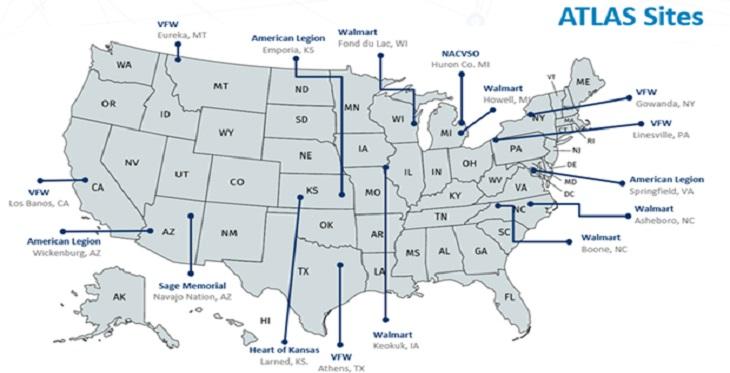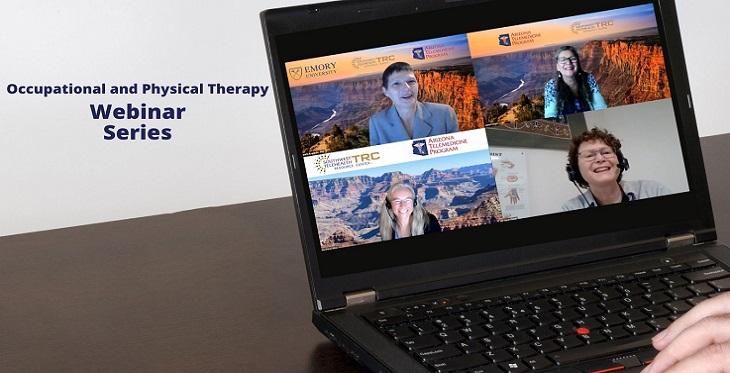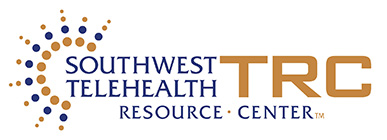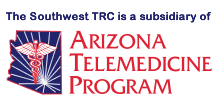After a Veteran gets milk from the dairy aisle, and some bread from the bakery section, he stops at the ATLAS pod in Walmart and has a healthcare visit with his/her mental health, specialty, or medical provider.
Southwest Telehealth Resource Center Blog


According to a recent study, one in five adults polled about health care during the coronavirus pandemic said that they or someone in their household delayed receiving medical care or were unable to get care, due to office closures or shutdowns.
Although the pollsters focused questions about doctor or dental appointments, providers across the board experienced disruption in their specialty areas, including Peggy Stein, OTD, OTR/L, CHT, an Occupational Therapist in Oregon.

We’ve all seen lots of reports from a variety of source documenting how telemedicine use has skyrocketed during the COVID public health emergency. There have also been many subsequent reports on the significant disparities in access to and use of telemedicine that were revealed and/or exacerbated by COVID. A simple search of Google Scholar brings up thousands of articles from around the world summarizing digital divide and related challenges that have been exposed, and many of them highlight some very creative strategies to help address and reduce barriers to telemedicine care. How can we offer a telemedicine option to someone who does not own a digital device? To someone who does but must choose between using their minutes to support their child’s remote school classes or see their doctor? Or someone who has access to the Internet but at limited bandwidth?

In hopes of sparking renewed commitment to applying improvement science to telehealth, we offer this Telehealth QI and QA Miniseries. Today is the fourth in the series.
Require expertise and excellence in telehealth service delivery. Expertise with telehealth requires deliberate practice which builds on or modifies existing skills, usually with the help and guidance of a coach or teacher with targeted feedback on what to improve and how to improve those skills.

In hopes of sparking renewed commitment to applying improvement science to telehealth, we offer this Telehealth QI and QA Miniseries. Today is the third in the series.
Recall that data can come in many forms and doesn’t have to be a report out of your electronic medical record (EHR). It can be hashmarks, start-end times, glass globs in a jar and more. I’m not kidding about glass globs. Once when I visited the Institute for Healthcare Improvement (IHI) there were two jars; one was labeled “Having a good day” the other was labeled “Having a bad day”. Each person who checked in at reception put a glob in the jar that reflected how their day was going.

